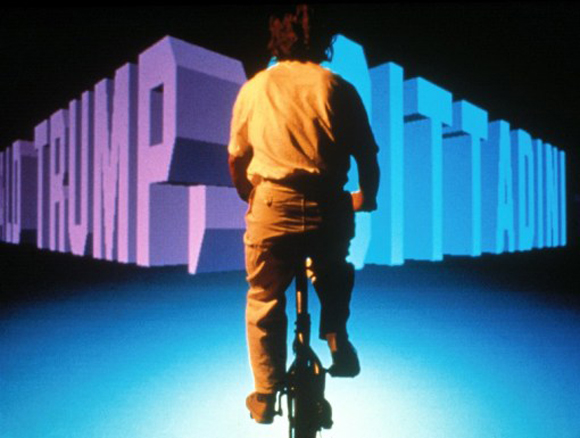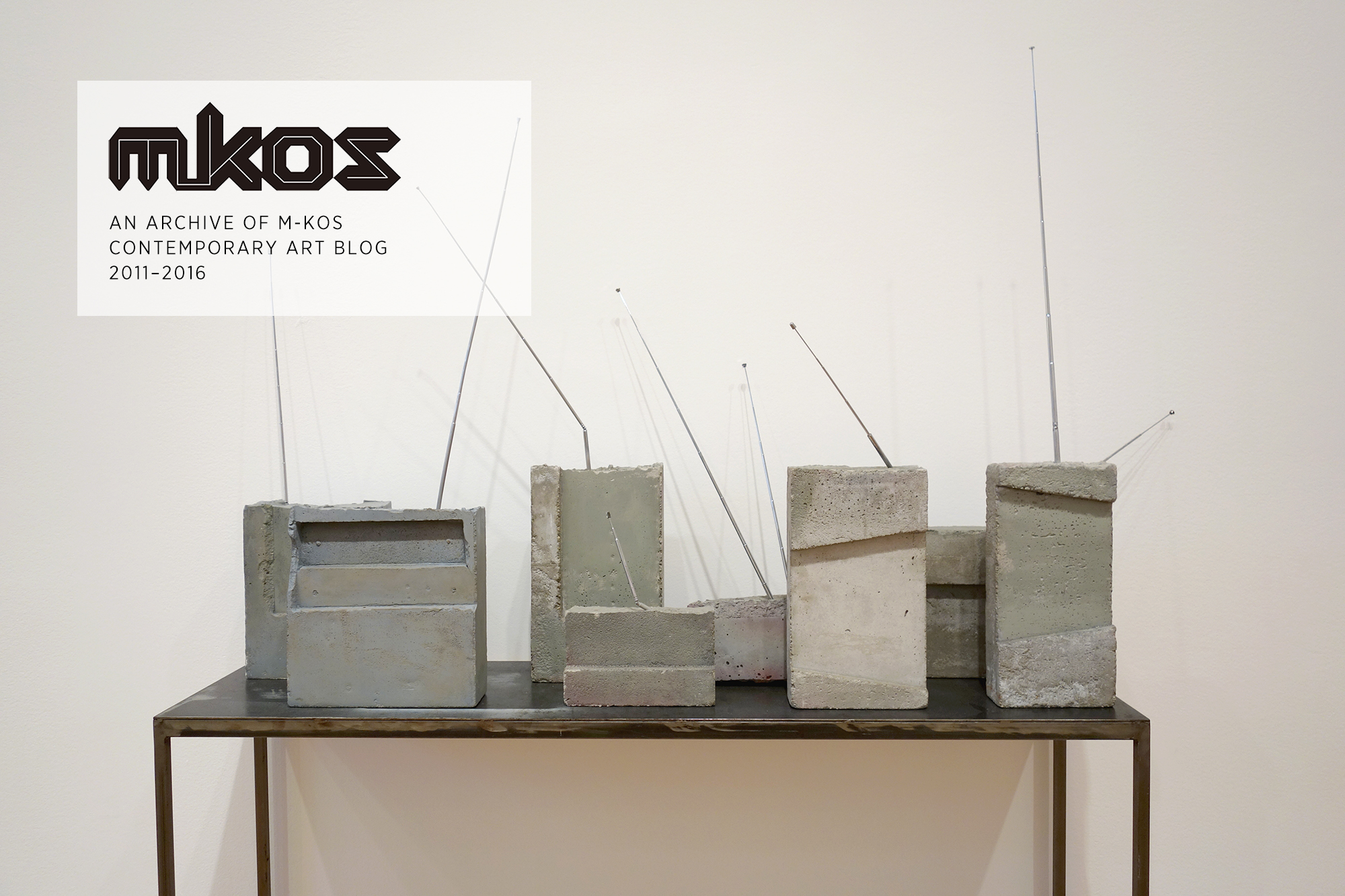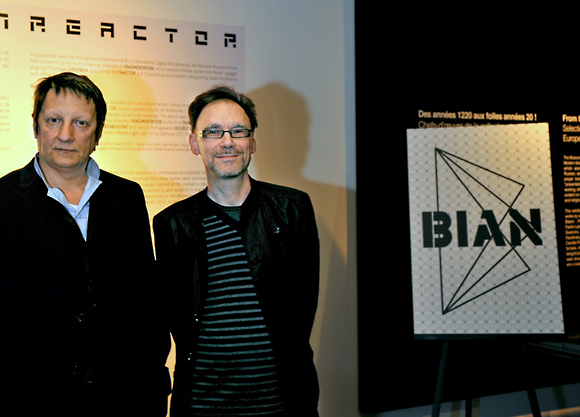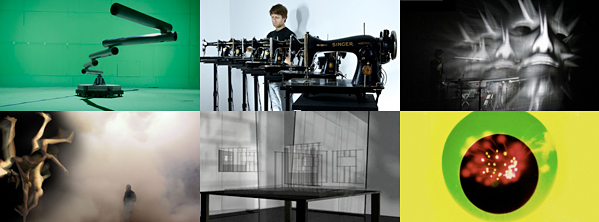
Jeffery Shaw, The Legible City, 1989. Computergraphic Installation. Collection of ZKM-Medienmuseum, Karlsruhe, Germany.
Digital archiving has lately become a much-discussed topic. The illusion of “everlasting†files, advocated at the beginning of the digital revolution started crumbling away, giving way to a perception of digital formats as one of the most ephemeral documents. “We ought to have a very good strategy for digital archiving†says Hiroko Myokan, former curator at Inter Communication Center (ICC), Tokyo and currently working on archiving the very first media art festival in Japan between 1986–1999, for the Agency for Culture in Japan. On a recent visit to Montreal for BIAN 2012, Mutek and Elektra festivals, Myokan and M-KOS resident editor and digital artist Oli Sorenson freely discuss digital archiving as a key phenomenon to our contemporary condition.
Oli Sorenson [OS]: When we first met in Japan two years ago, we had an interesting talked about digital archiving. You were also in a transition period from working as a curator for ICC to going back to studying. Are you still studying now?
Hiroko Myokan [HM]: Yes, I’m still studying archiving and preservation of media art in Linz Krems, Austria but I’m also doing research for the Agency for Cultural Affairs in Tokyo about the first video and media art festival that happened in Japan between 1985 and 1999, in the Fukui prefecture.
OS: Were these well archived?
HM: Actually, yes. It’s a very rare case. They don’t have any video documentation but only printed materials as well as some broadcasting archives from the local TV broadcast company.
Continue reading “Conversation: Digital Archiving and Other Contemporary Myths”


